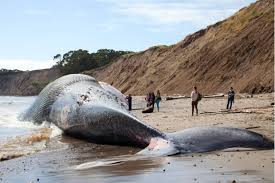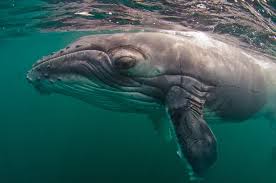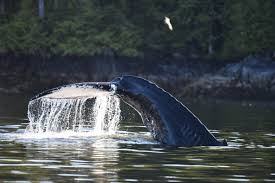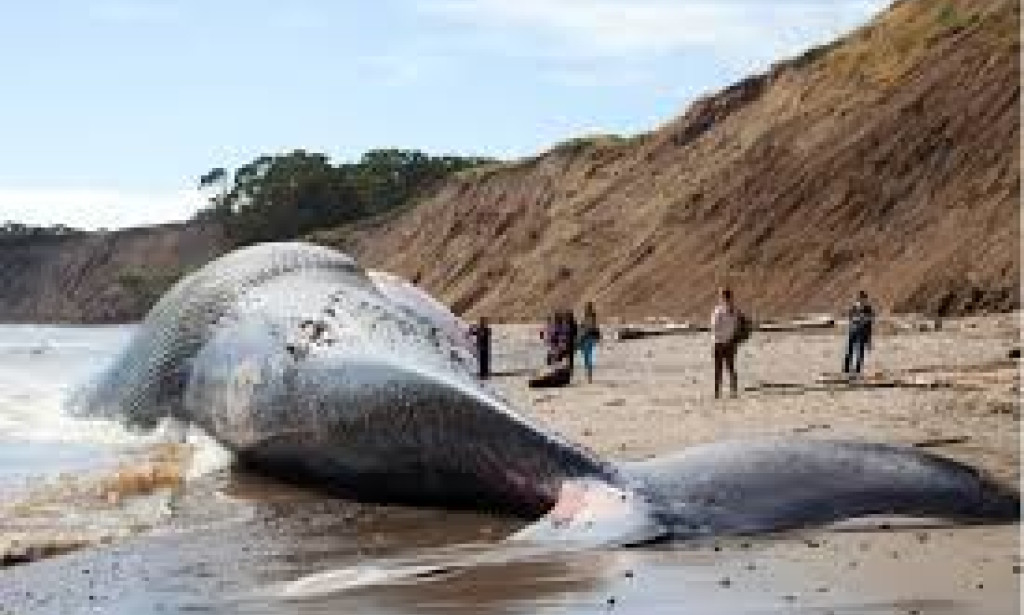Tragic Mass Stranding: Over 150 False Killer Whales Found on Tasmanian Shore
In a heart-wrenching event on a remote beach near Arthur River in northwest Tasmania, Australia, over 150 false killer whales were discovered stranded. Despite immediate rescue efforts by marine authorities and conservation teams, the treacherous ocean conditions and the isolated location severely hampered attempts to save these majestic creatures.

A Scene of Unimaginable Sorrow
Early reports from the scene described a grim picture: groups of false killer whales, once graceful inhabitants of the open ocean, now lying helplessly on the beach. Rescue teams worked tirelessly under challenging weather conditions, deploying specialized equipment and coordinating with local experts. However, the vast, rugged coastline and relentless sea conditions made it nearly impossible to safely return the stranded whales to their natural habitat.

The Heartbreaking Decision
As the hours turned into a day, the situation deteriorated further. With many of the whales suffering and showing signs of severe distress, authorities were forced to make the excruciating decision to euthanize the remaining animals. This measure, though devastating, was deemed necessary to prevent prolonged suffering and further complications from the stranding.

Unanswered Questions and Possible Causes
The exact cause behind this mass stranding remains a mystery. Marine experts suggest that a combination of factors could have contributed, including:
- Disorientation: Whales may become confused by subtle changes in underwater topography or magnetic fields.
- Environmental Changes: Shifts in water temperature or quality, possibly linked to broader climate change, could disrupt normal migratory patterns.
- Following a Sick Leader: In social species like false killer whales, the behavior of one can influence the entire pod, potentially leading them into dangerous territory.
While these theories offer possible explanations, definitive answers continue to elude investigators.
A Broader Wake-Up Call for Marine Conservation
This tragic event is not only a stark reminder of nature's unpredictability but also underscores the vulnerability of marine ecosystems in the face of environmental change. The mass stranding of these whales serves as a call to action for greater efforts in marine conservation and highlights the critical need to address climate change's impact on ocean life.
Local conservation groups and marine scientists are urging governments and environmental organizations to invest in research and improved monitoring systems. Such measures could help anticipate similar incidents in the future and perhaps mitigate the devastating outcomes witnessed this week.
Honoring the Lost and Looking Forward
As the community mourns the loss of these false killer whales, calls for increased awareness and action resonate across Australia and beyond. The incident has sparked conversations about protecting marine habitats, enhancing rescue capabilities in remote areas, and strengthening global initiatives against climate change.
Let us honor the memory of these creatures by redoubling our efforts to protect the delicate balance of marine life. Their loss is a somber reminder of the ongoing challenges our oceans face—a challenge that requires immediate and collective action.



Absolutely incredible and devastated as community stungle to get over there Love one
Sad
You must be logged in to post a comment.